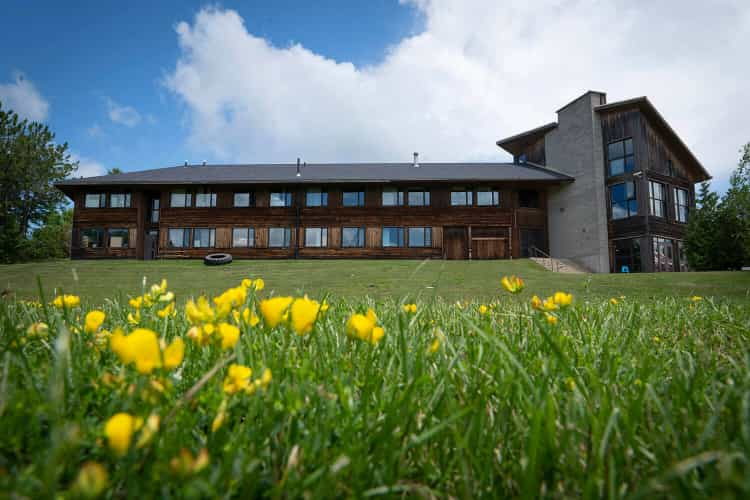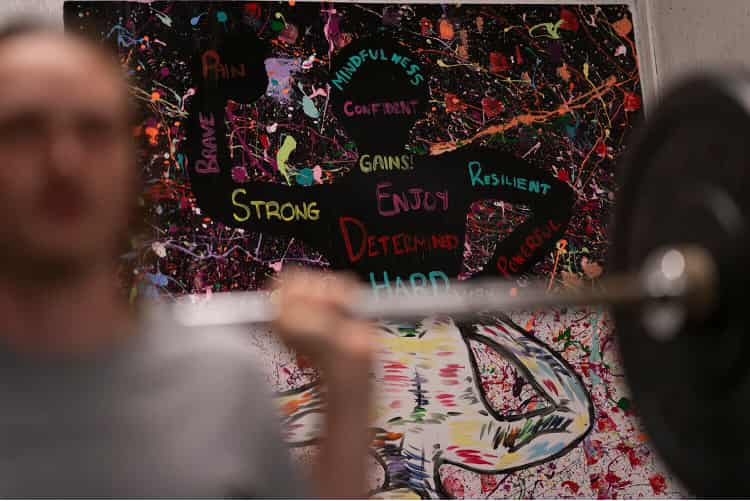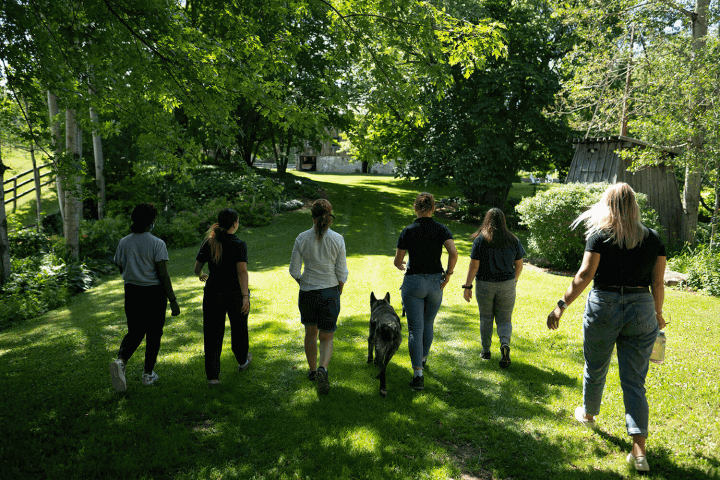Our Program
Our Approach
At Pine River, we believe that effective change in our students and their families happens in a therapeutic milieu, or environment, that is accurately attuned and empathic.
This attunement includes giving our students a consistent structure, and when necessary, setting boundaries/limits. We believe that delayed maturity has caused our students to develop self-defeating coping strategies.
Our unique approach combines a Maturity Model and educational model based on the developmental needs of adolescents and both are grounded in best practices for addiction treatment for youth.
Parents play a vital role in our Parallel Process, as parents and their children work alongside each other through the Four Phases of their PRI journey.
At Pine River, we work within the peer system, providing a therapeutic milieu with structure and boundaries that promote a positive peer culture – a safe environment in which to learn, practice, and mature.
These basic assumptions underlie our therapeutic approach:
- Adolescents are not ‘smaller adults’; they are in a developmental transition.
- Adolescent brains are still growing and “plastic”, which means they are surprisingly flexible. They can replace
negative neural pathways in the brain that cause destructive thinking, with positive ones that can teach the brain
to behave better. - Youth in crisis are experiencing obstacles to their maturation, such as mental illness, chronic substance abuse, or trauma.
- PRI youth are part of a family system and a peer system.
- Adolescent addiction is a symptom of underlying issues and an ineffective coping strategy.
We offer a flexible length of stay that is dependent on the student’s growth and maturity. What determines a student’s length of stay in the program is their maturity, not the number of days they have been in the program.
At Pine River, we believe that effective change in our students and their families happens in a therapeutic milieu, or environment, that is accurately attuned and empathic.
This attunement includes giving our students a consistent structure, and when necessary, setting boundaries/limits. We believe that delayed maturity has caused our students to develop self-defeating coping strategies.
Our unique approach combines a Maturity Model and educational model based on the developmental needs of adolescents and both are grounded in best practices for addiction treatment for youth.
Parents play a vital role in our Parallel Process, as parents and their children work alongside each other through the Four Phases of their PRI journey.
At Pine River, we work within the peer system, providing a therapeutic milieu with structure and boundaries that promote a positive peer culture – a safe environment in which to learn, practice, and mature.
These basic assumptions underlie our therapeutic approach:
- Adolescents are not ‘smaller adults’; they are in a developmental transition.
- Adolescent brains are still growing and “plastic”, which means they are surprisingly flexible. They can replace
negative neural pathways in the brain that cause destructive thinking, with positive ones that can teach the brain
to behave better. - Youth in crisis are experiencing obstacles to their maturation, such as mental illness, chronic substance abuse, or trauma.
- PRI youth are part of a family system and a peer system.
- Adolescent addiction is a symptom of underlying issues and an ineffective coping strategy.
Our Treatment Model
PRI’s family-focused treatment process is based on John McKinnon’s Maturity Model, which helps our students “grow up”, heal, and function more effectively in the world.
We support the developmental transition towards maturity.
We define a mature person as someone who DEMONSTRATES:
- a future orientation that is based on reality;
- empathy for others different from themselves;
- the ability to regulate emotions in effective ways;
- the ability to be separate in relationships (lack of manipulative/”puppet” relations);
- a social ethic that is NOT based on narcissism;
- the ability to formulate abstract thought.
Four Phases, One Journey
Pine River Institute is the only treatment centre of its kind in Canada. Our program encompasses four seamless phases that support a youth and family’s gradual development, allowing time to learn, practice and mature. Our students progress through the phases as they are ready. There is no set length of stay (the average is 12-14 months), and each family’s needs are unique. We offer continuous intake and operate 365 days a year, 24 hours per day.
- Phase 1
- Phase 2
- Phase 3
- Phase 4
Outdoor Leadership Experience (OLE), Algonquin Park
The OLE phase, lasting 6-8 weeks, is the starting place for change. The wilderness exposes and calls upon the strengths of the mind, body, spirit and emotions, creating opportunities to begin rebuilding. Daily aspects of the OLE include canoeing, hiking or snowshoeing, group games and initiatives, group processing, individual therapy and journaling. Students live and work in nature, with groups of up to eight students and three staff.Residence, Pine River Campus, Shelburne

During the residence phase, students live at the Pine River campus. The average daily schedule covers two to three hours of academics, two hours of physical activity, two hours of group therapy, one hour of expressive arts such as art, music or drama, free time and chores. There is special programming throughout the week, community service, and family activity days on weekends.
Transition, Pine River Campus and Home

The transition phase is a time to start taking the lessons home. Students and families are closely supported as a student transitions from campus life to home. An example is a week on campus and weekends at home, or vice versa. During this period, families develop a detailed Aftercare Plan to prepare for the next phase.
Aftercare, Home

We are committed to remaining supportive of our families after a student leaves the residential part of the program. The Aftercare Plan is designed by the student and family with the Director of Family Program and Aftercare. It details supports, concerns, triggers, commitments and goals. Aspects may include daily or weekly check-ins, mentoring new students and families, and student and parent coaching with the Director of Family Program and Aftercare.
Parent Involvement – The Parallel Process
PARENT-REPORTED INDICATORS BEFORE AND AFTER PRI
FOR FAMILIES WHO COMPLETED TREATMENT
BEFORE PRI
1-2Y POST-PRI







Since Pine River opened in 2006, hundreds of youth have rediscovered lives beyond addictive behaviours, forging paths to brighter, healthier, hopeful futures. Pine River Works!
